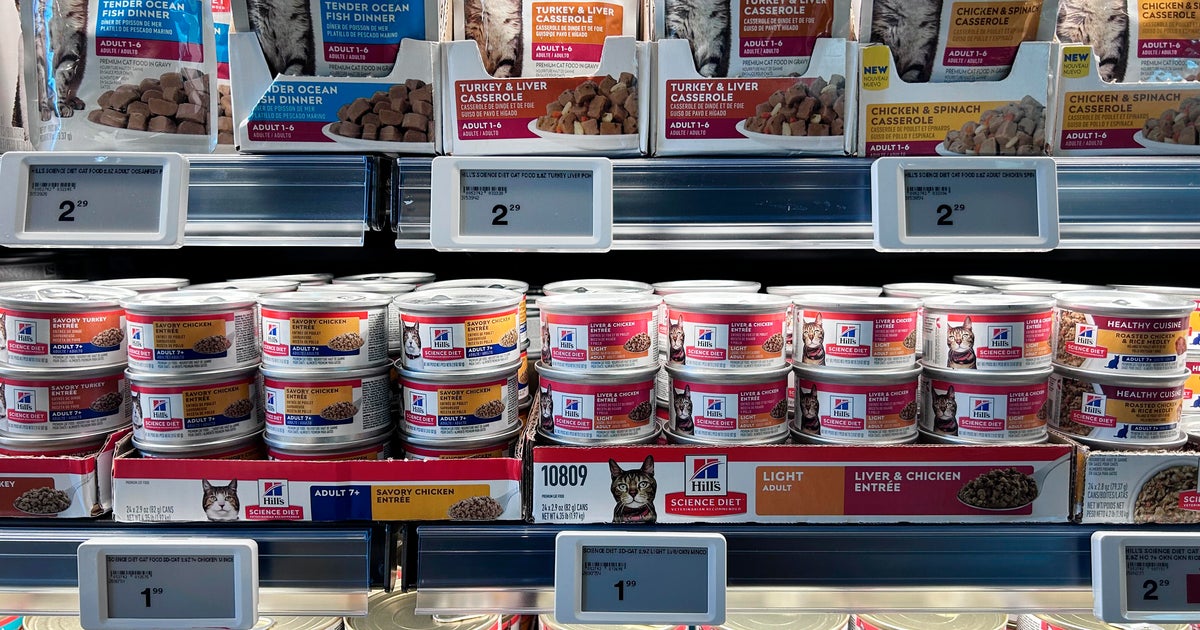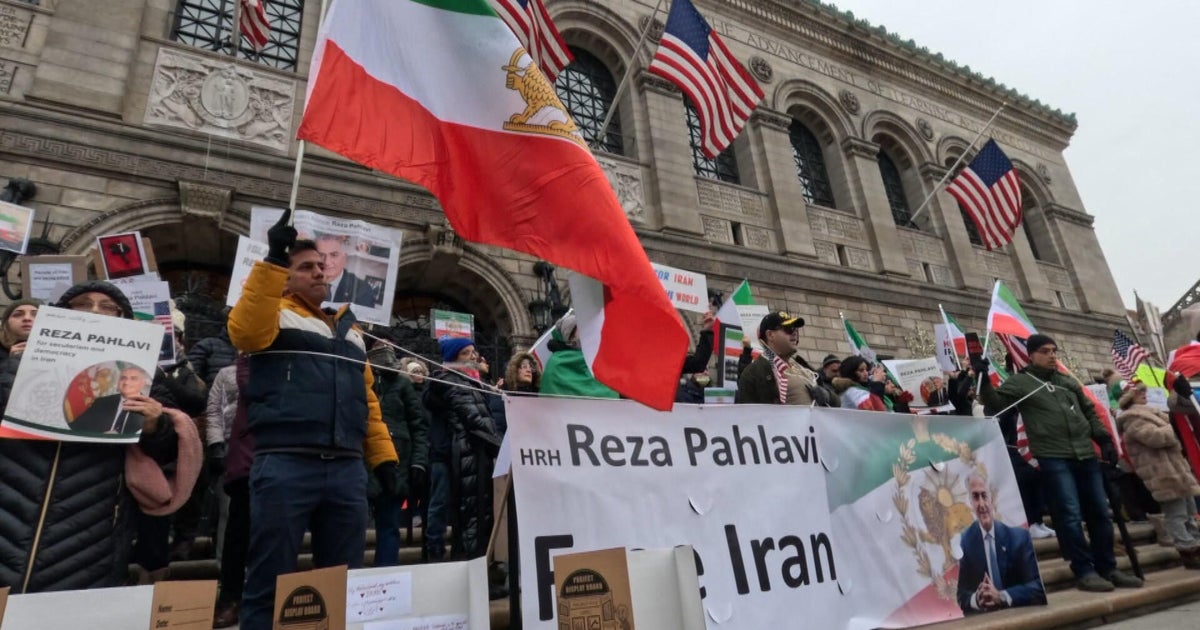Study: Prices Of More Than 400 Drugs Have Skyrocketed In Past Few Years
PITTSBURGH (KDKA) – Much has been made recently about the astronomical price-hike on EpiPens, but that's not the only prescription drug that's gotten dramatically more expensive up in price recently.
The prices on hundreds of drugs have skyrocketed without much notice.
The price of common drugs taken by many people has jumped dramatically in the last few years. Not just EpiPens, which are going nowhere fast because of their expense, but other drugs, too.
"You think about drugs like amitrypitiline, which is an old drug but prices went through the roof," pharmacist Chris Antypas of Asti's Pharmacy said. "Fifty of them, a hundred of them, that skyrocketed, like a hundred, two hundred, a thousand percent price increase."
Some examples: diabetes drug insulin, up 300 percent in the past decade; heart drug digoxin, up more than 600 percent; antibiotic erythromycin up 1,000 percent.
"This is $490 for one box of insulin," Antypas said. "This might last a month. One box might last a patient two weeks."
According to a recent study in the Journal of the American Medical Association, the prices of 400 generic drugs have surged more than 1,000 percent in the last seven years.
"They'll pay, instead of a $50 copay, $200 for that," Antypas said. "Those that are, they respond with, well, I'll talk to my doctor about getting a sample. Or they'll confide in us that they're not going to take it. It's awful. It's an awful feeling."
Many drugs are expensive when they're new and under patent to help recoup the costs of research and development. But these recent high prices have to do with a lack of competition.
"In most of those cases, those kinds of drugs, they're old drugs. They're not new. They're generic. They're not patented. They just don't face any competition," said Martin Gaynor, PhD, of Carnegie Mellon University. "If you can continue a monopoly even for a few months with a very expensive high volume drug -- that can be worth millions, even billions of dollars. So some pharmaceutical companies engage in tactics that are designed to maintain monopolies to prevent competition."
Gaynor says several measures could discourage monopolies and artificial inflation.
The FDA could speed up the review of generic drugs. The U.S. Patent Office could cut back on secondary patents for minor changes in an already patented drug. Private and public insurers should have mechanisms to cover only the true cost of drugs.
"It's an issue of making sure that drugs get to people and that they're affordable for people and that companies make a fair return," Gaynor said. "We want to be fair to business. We don't want to harm businesses."
He expects drug makers with a tendency for scheming won't be for long.
"Because it attracts a lot of unwanted negative publicity," Gaynor said. "It might lead to government doing things that they don't like. So we may see some backing off."
Until the backoff occurs, Antypas tries to help patients find assistance programs, grants or cheaper alternatives.
Join The Conversation On The KDKA Facebook Page
Stay Up To Date, Follow KDKA On Twitter







